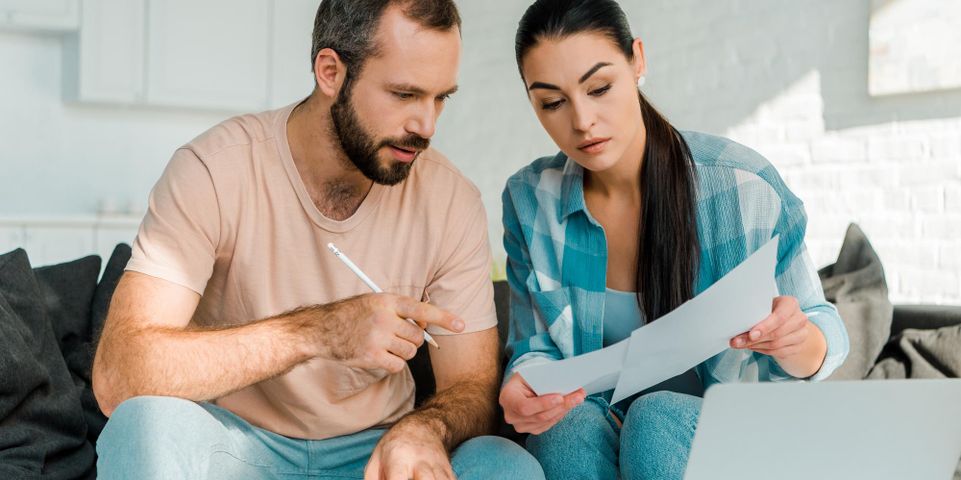5 Tips for Restoring Your Credit Rating After Bankruptcy

Many borrowers struggling with unmanageable debt know that bankruptcy may provide a way out but worry about the long-term effects on their credit. For instance, you might have heard that filing for debt relief means you’ll never be able to qualify for a credit home or buy a home. Fortunately, this is not the case, and most people can start rebuilding their credit immediately after bankruptcy.
How to Rebuild Your Credit After Bankruptcy
1. Pay Remaining Debts on Time
If you’re still responsible for any debts after your bankruptcy, keep up with the payments every month. A history of on-time payments is a significant component of your credit score, so meeting your obligations on time will bring up your rating. Keep track of these essential payment dates on a calendar, or create alerts on your smartphone to ensure you’re on top of all your bills and payments.
2. Start a Savings Account
Having some savings built up will show creditors that you can manage your money and insulate you from financial emergencies that can put you back into debt. Even putting away a few hundred dollars every month will provide financial security and priceless peace of mind. This will also ensure you don’t have to go back into debt and drain your bank account if a costly emergency arises.
3. Check Your Credit Report
 A few months after your card is discharged, obtain a free copy of your credit report, and check it over for errors. If any of the debts you’ve discharged are still marked as delinquent, contact both the lender and credit reporting bureau immediately. It’s essential to stay up-to-date on your score, as it impacts your ability to rent apartments, lease vehicles, and obtains loans in the future.
A few months after your card is discharged, obtain a free copy of your credit report, and check it over for errors. If any of the debts you’ve discharged are still marked as delinquent, contact both the lender and credit reporting bureau immediately. It’s essential to stay up-to-date on your score, as it impacts your ability to rent apartments, lease vehicles, and obtains loans in the future.
4. Apply for New Credit
After pursuing debt relief, opening new accounts may be the last thing you want to do. However, demonstrating that you can use credit responsibly is essential for bringing up your score. Store charge accounts and secured credit cards typically have looser restrictions than other types of debt, making them the ideal choice for re-establishing yourself after bankruptcy.
5. Use Credit Responsibly
After opening a new account, it’s Crucial to avoid bad financial habits that may have contributed to your debt problems in the first place. Avoid charging more than you can afford to pay back in a single month, and don’t open new accounts unless absolutely necessary.
For nearly 40 years, C. Roland Krueger Attorney and Counselor at Law has helped borrowers throughout Lexington, NC, find the debt relief they need. This law firm is completely focused on the well-being of their clients and will help you get the second chance you deserve. Visit their website for more on their debt relief services, or call (336) 248-8464 to consult with an attorney.
About the Business
Have a question? Ask the experts!
Send your question

